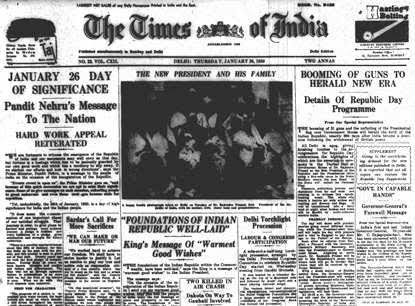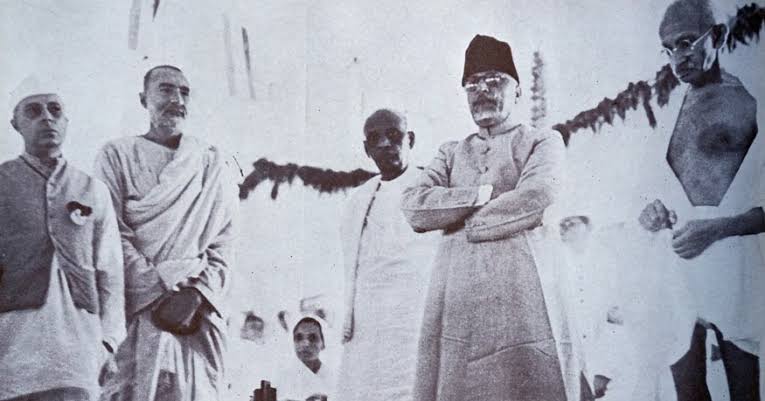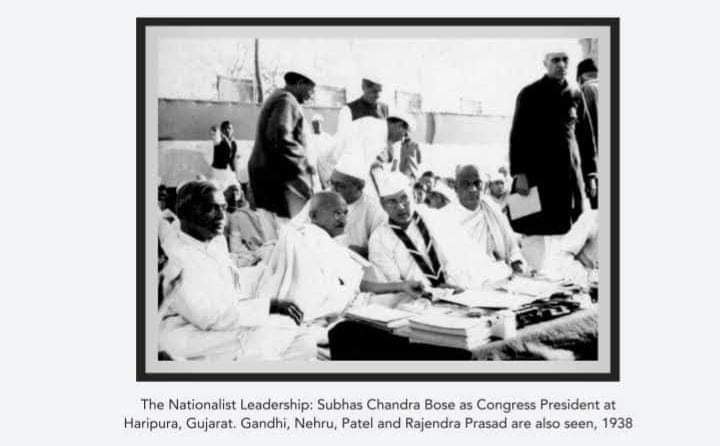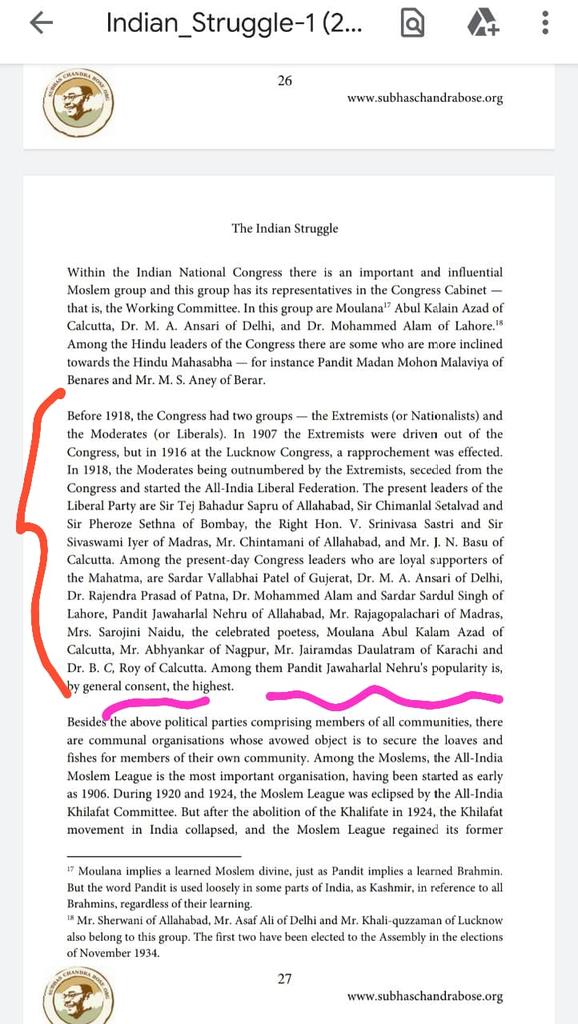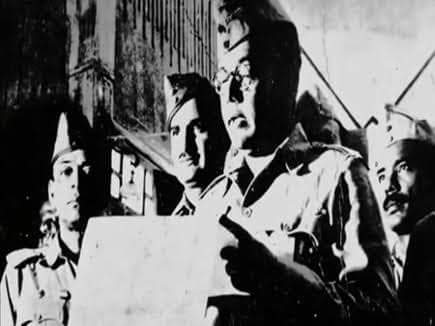
" On the 26th of January 1950, we are going to enter into a life of contradictions. In politics we will have equality and in social and economic life we will have inequality. In politics we will be recognising the principle of one man one vote and one vote one value.
(1/n).
(1/n).
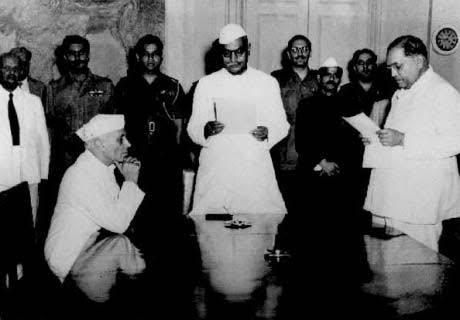
In our social and economic life, we shall, by reason of our social and economic structure, continue to deny the principle of one man one value. How long shall we continue to live this life of contradictions?
(2/n).
(2/n).
How long shall we continue to deny equality in our social and economic life? If we continue to deny it for long, we will do so only by putting our political democracy in peril.
(3/n).
(3/n).
We must remove this contradiction at the earliest possible moment or else those who suffer from inequality will blow up the structure of political democracy which is Assembly has to laboriously built up."~Dr. B.R. Ambedkar, 26 November, 1949.
(n/n).
(n/n).
• • •
Missing some Tweet in this thread? You can try to
force a refresh




